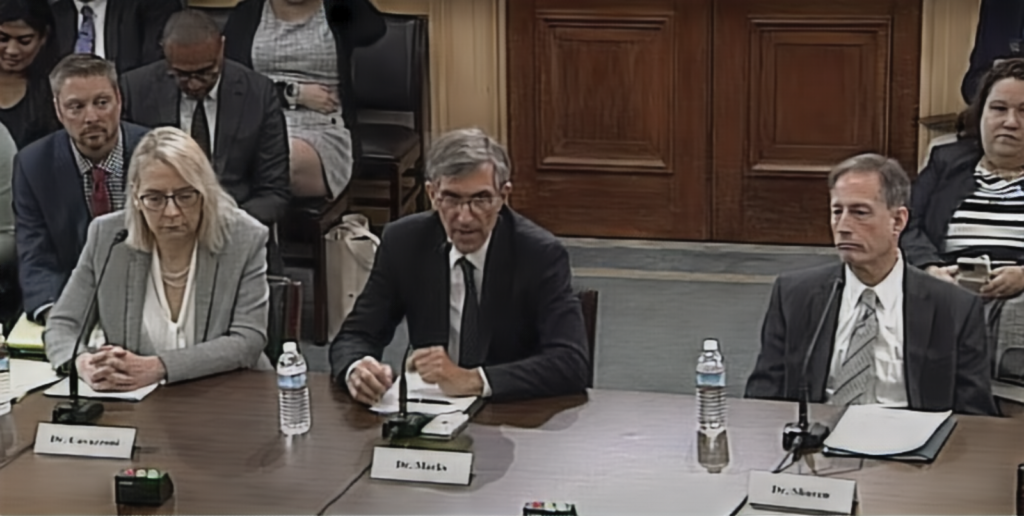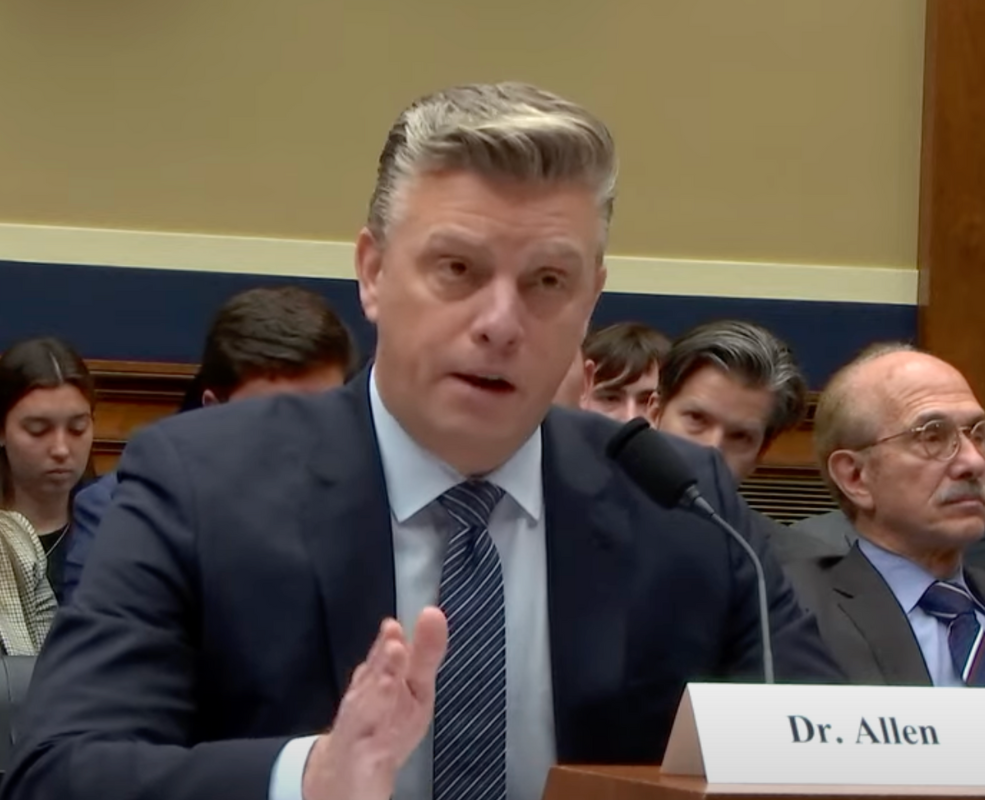
Accelerated Approval
Dr. Patricia Cavazzoni, Director of the Center for Drug Evaluation and Research (CDER), highlighted the agency’s use of several regulatory programs to expedite the development of new therapies. Specifically, FDA described accelerated approval as, “an important tool that allows for earlier approval of drugs that treat serious conditions, and address an unmet medical need, based on a surrogate or intermediate clinical endpoint that is reasonably likely to predict clinical benefit.” Testimony for the hearing noted the recent authorities provided through the Food and Drug Omnibus Reform Act of 2022 (FDORA) designed to enhance the accelerated approval program and ensure timely generation of confirmatory evidence.
The accelerated approval program plays an important role in the development of new cancer therapies. Nearly a third of all new cancer drugs are approved through his pathway, and oncology drugs account for over eighty percent of the accelerated approvals provided by the FDA. Similarly, the Breakthrough Therapy Designation has been shown to be an important tool for expediting the development of highly effective treatments – on average, reducing overall development times by nearly three years. For more information on the outcomes provided by the Breakthrough Therapies Designation and a comprehensive catalogue of Accelerated Approvals and other expedited development tools, please visit:
Oversight of Diagnostic Tests
Dr. Jeff Shuren, Director of the Center for Devices and radiological Health (CDRH), answered critical questions about the regulation of diagnostic tests. In May 6, 2024, FDA issued a final rule to clarify the agency’s authority to regulate diagnostic tests, including Laboratory Developed Tests (LDTs). This came after several years of debate in Congress to develop a new regulatory framework tailored to diagnostic tests. In the absence of Congressional action, the agency has moved forward through the rulemaking process and has laid processes for implementing comprehensive oversight of LDTs.
During the hearing, Dr. Shuren emphasized the need to modernize oversight of diagnostic tests. He noted that while legislative action is preferred, there is an urgent need to address this issue in lieu of legislative solutions. He cited instances where inaccurate test results led to incorrect treatments, particularly with tests used to help inform treatment decisions for cancer patients.
In March 2024, Friends’ President and CEO, Dr. Jeff Allen, along with fellow healthcare leaders, testified on this topic at a House Energy and Commerce Health Subcommittee hearing focused on the impact of the proposed LDT regulation and FDA oversight of diagnostic tests. At the hearing, Allen noted,
…we urge Congress to provide the resources for FDA to effectively implement the necessary oversight and policy modifications that reflect the current state science, are conducive to the rapid pace of technological advancement, and ensures that patients have access to high quality, reliable testing. “

Friends has led several collaborative research projects as part of our Diagnostic Test Portfolio, including the HRD Harmonization Project, TMB Harmonization Project, and the ongoing Digital PATH Project. These unique research partnerships provide important scientific evidence to help inform future policy considerations and opportunities for test optimization.
Friends of Cancer Research Diagnostic Project Portfolio
Cell and Gene Therapies
Dr. Peter Marks, Director of Center for Biologics Evaluation and Research (CBER), provided an overview of the center’s efforts in advancing and regulating cell and gene therapies. He underscored 2023 as a pivotal year in the realm of cell and gene therapies, noting the approval of six gene therapy products. Of particular significance were two cell-based gene therapies targeting sickle cell disease, one leveraging CRISPR technology—a development that mirrors the 2023 Omnibus bill platform technology provision designed to accelerate gene therapy progress. However, Dr. Marks acknowledged that cell and gene therapies still face manufacturing, clinical, and regulatory challenges.
In an effort to leverage recent experience with cell therapies to treat cancer, specifically through the approval of multiple CAR-T therapies, Friends has convened expert working groups to examine future approaches to developing the next generation of cell therapies. These efforts have helped to delineate novel designs to build upon prior experience and identify opportunities for extrapolating data from prior development programs to expedite future progress in the field.

